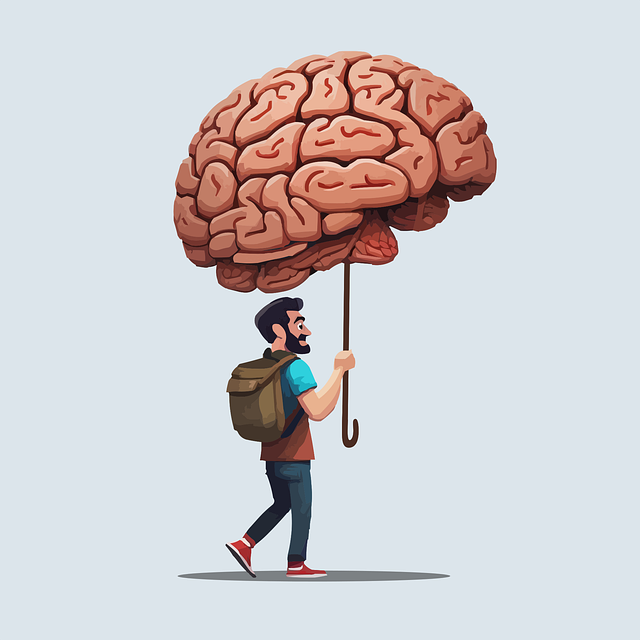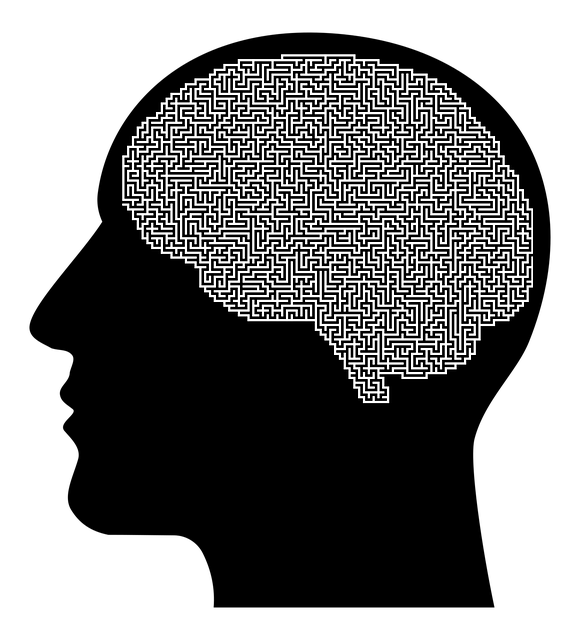Adolescent mental health is overlooked but crucial, with unique challenges like anxiety and societal pressures. Traditional therapy may not resonate, so innovative tools like hypnosis and wellness coaching are needed. Hypnosis helps teens manage anxiety by accessing the subconscious mind and developing emotional regulation skills. A comprehensive self-assessment tool for mental wellness should include evidence-based questions, foster open communication, and offer interactive features with personalized recommendations. Online platforms tailored to therapy for adolescent teens can improve access, offering immersive experiences and cultural sensitivity through hypnosis-based exercises. However, development requires a careful balance between innovation and ethical responsibility, with professional oversight to avoid misinformation or stigma. Proper training ensures optimal wellness through holistic technology and evidence-based practices, addressing diverse needs sensitively.
Mental wellness self-assessment tools are crucial in addressing the unique challenges of adolescent mental health. This article delves into the development of personalized, interactive platforms, exploring innovative approaches like hypnosis as a complementary therapy for teens. We discuss key components for effective frameworks, the rise of digital solutions, and ethical considerations for professional integration. By harnessing technology and alternative methods, such as hypnosis, we aim to enhance support for adolescent mental wellness.
- Understanding Adolescent Mental Health and the Need for Personalized Tools
- Exploring Hypnosis as a Complementary Therapy for Teens
- Key Components of an Effective Self-Assessment Framework
- Designing Interactive Digital Platforms for Accessible Support
- Ethical Considerations and Professional Integration for Optimal Wellness
Understanding Adolescent Mental Health and the Need for Personalized Tools

Adolescent mental health is a critical aspect often overlooked within the broader spectrum of well-being. Teenagers, navigating a myriad of life transitions and societal pressures, may struggle with anxiety, depression, and other mental health challenges. The unique experiences and brain development during adolescence necessitate tailored interventions. Traditional therapy methods might not always resonate with this demographic, emphasizing the need for innovative self-assessment tools that cater to their specific needs.
Personalized approaches, such as hypnosis and mental wellness coaching programs, can offer a fresh perspective on addressing adolescent mental health issues. Hypnosis, for instance, has shown promise in helping teens manage anxiety and gain control over their emotions. These techniques, coupled with coping skills development and trauma support services, can empower teenagers to take charge of their mental wellness. By incorporating such tools into self-assessment frameworks, we can ensure that adolescents receive the necessary guidance and support at a crucial stage of their development.
Exploring Hypnosis as a Complementary Therapy for Teens

Hypnosis, an ancient practice, is gaining recognition as a complementary therapy for teens struggling with their mental wellness. This alternative approach focuses on the power of the mind and has shown promise in aiding adolescent teenagers to navigate through various emotional challenges. By inducing a state of deep relaxation, hypnosis allows teens to gain access to their subconscious minds, where hidden beliefs and fears often reside. Through this process, they can explore and challenge negative thought patterns that may be contributing to their mental health issues.
The therapy encourages emotional regulation by helping teens to understand and manage their feelings more effectively. Hypnotic techniques stimulate the emotional healing processes, enabling young individuals to develop a healthier relationship with themselves and their emotions. Mind over matter principles are at the core of this practice, empowering teenagers to take control of their thoughts and behaviors. This can be particularly beneficial for those dealing with anxiety, depression, or trauma, offering them a unique and non-invasive method to improve their mental wellness.
Key Components of an Effective Self-Assessment Framework

An effective self-assessment framework for mental wellness should incorporate several key components to accurately gauge an individual’s psychological state and needs. Firstly, it must include a diverse range of questions that explore various aspects of mental health, such as emotional well-being, stress levels, and interpersonal relationships. These questions should be designed using evidence-based methods, ensuring they are valid and reliable indicators of mental wellness. For instance, incorporating techniques from therapy for adolescent teens or hypnosis can offer unique perspectives on one’s internal state.
Furthermore, the self-assessment should facilitate open and honest communication. Anonymity and confidentiality are vital to encouraging users to disclose their true feelings without fear of judgment. Incorporating interactive features or visual aids can enhance engagement and make the assessment more accessible to different learning styles. Additionally, integrating stress reduction methods and communication strategies within the framework can empower individuals with tools to better manage their mental health before, during, and after the assessment process.
Designing Interactive Digital Platforms for Accessible Support

In today’s digital era, designing interactive and accessible online platforms can significantly enhance mental wellness support for adolescent teens. These platforms offer a non-judgmental space where teens can explore their emotions, gain valuable insights, and access resources tailored to their unique needs. Incorporating elements like self-assessment tools, interactive exercises, and personalized recommendations can make therapy more engaging and appealing to this demographic. Additionally, integrating features that promote cultural sensitivity in mental healthcare practice ensures inclusivity, fostering empathy building strategies and compassion cultivation practices that cater to diverse teen populations.
Hypnosis is another effective tool worth considering for these platforms. It has been shown to be beneficial for managing anxiety, stress, and even specific phobias among teens. By incorporating guided meditation sessions or hypnosis-based exercises, these digital tools can provide a relaxing and immersive experience, helping adolescents develop coping mechanisms and build resilience. This multi-faceted approach ensures that mental wellness support is not only accessible but also engaging and potentially life-changing for young individuals seeking guidance in navigating their emotional well-being.
Ethical Considerations and Professional Integration for Optimal Wellness

The development of mental wellness self-assessment tools must be approached with careful ethical considerations to ensure they are used responsibly and effectively. As these tools gain popularity, especially in accessible online platforms, it’s crucial to maintain integrity and privacy standards. For adolescents and teens seeking therapy, such tools should be designed with age-appropriate guidelines, ensuring they do not inadvertently perpetuate stigma or misinform users about their mental health. Professional integration is key; these assessments should complement, not replace, traditional therapy methods. Hypnosis, for instance, has shown promise in stress reduction methods and building confidence, but it must be administered by qualified practitioners to avoid potential risks.
When integrating self-assessment tools into therapeutic practices, healthcare professionals must consider the broader impact on trauma support services. With the rise of digital mental health resources, ensuring these tools are inclusive, sensitive, and tailored to diverse needs is essential. Proper training for both developers and users is necessary to identify limitations, potential biases, and when to refer individuals to specialized care. This holistic approach promotes optimal wellness by combining innovative technology with evidence-based practices, catering to the unique requirements of each individual seeking mental health support.
The development of mental wellness self-assessment tools tailored for adolescent teens is a promising step towards addressing the unique challenges they face. By integrating innovative approaches like hypnosis, these tools can offer accessible and personalized support. An effective framework should be interactive and digitally immersive while adhering to ethical standards. Embracing professional integration ensures that therapy, such as hypnosis for adolescent teens, becomes an integral part of holistic wellness, fostering healthier minds in a digital age.








